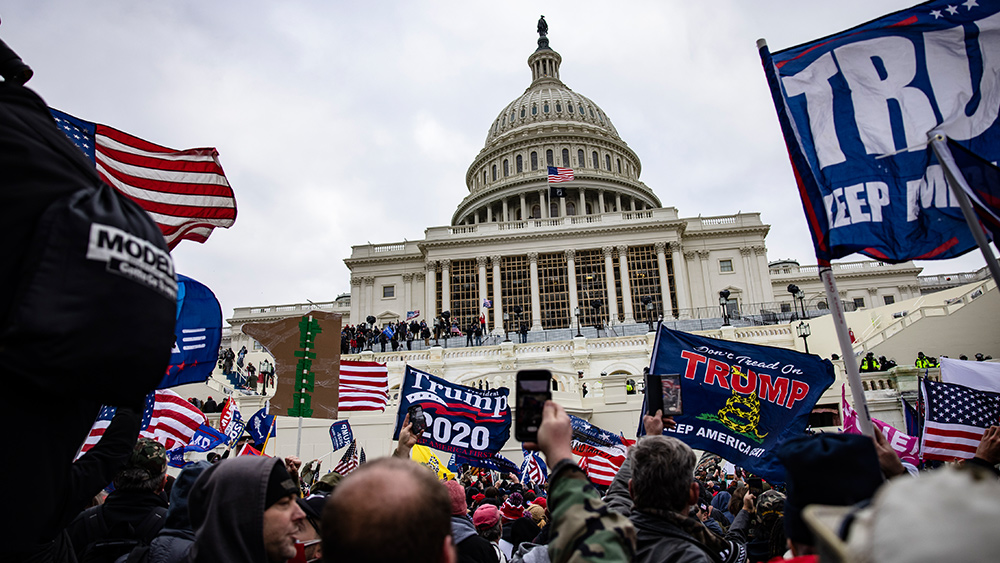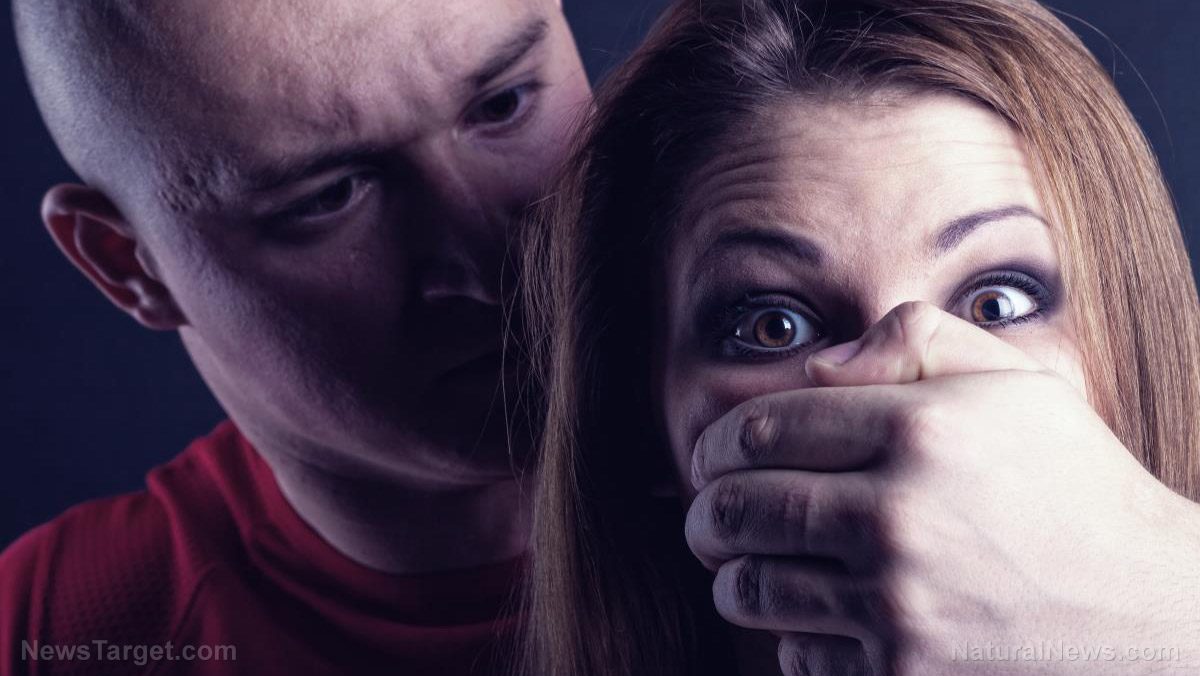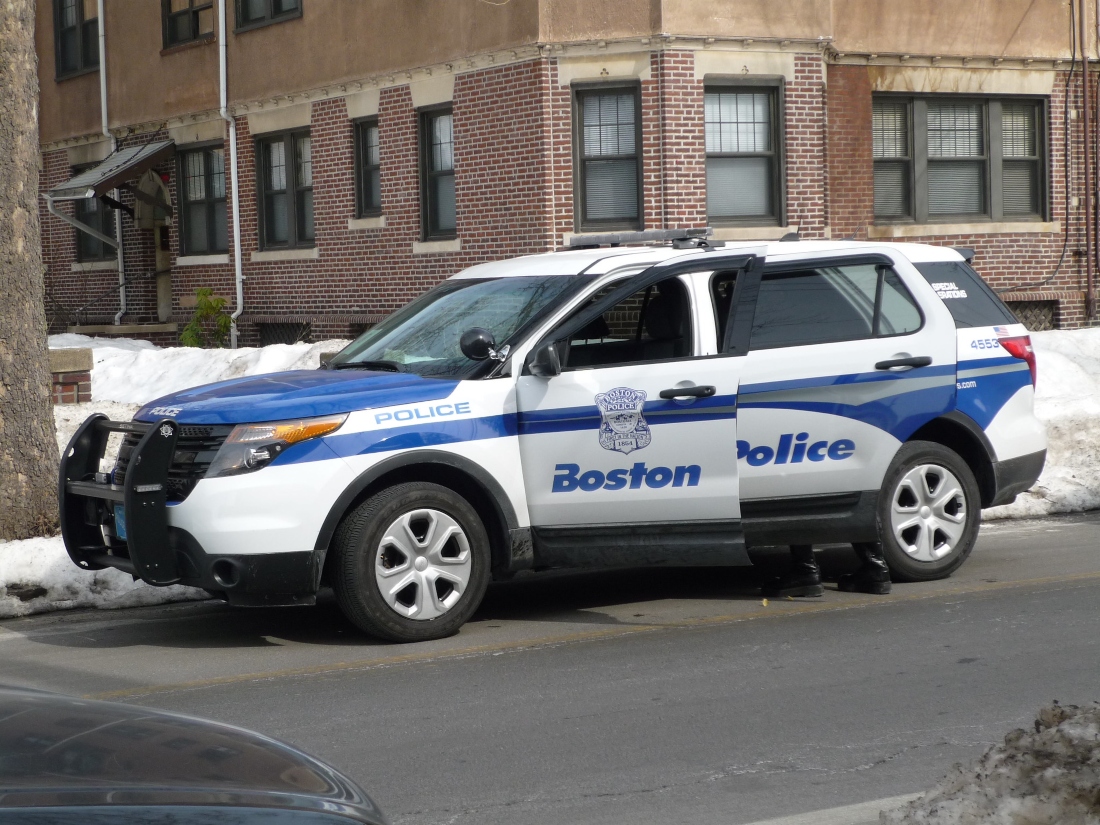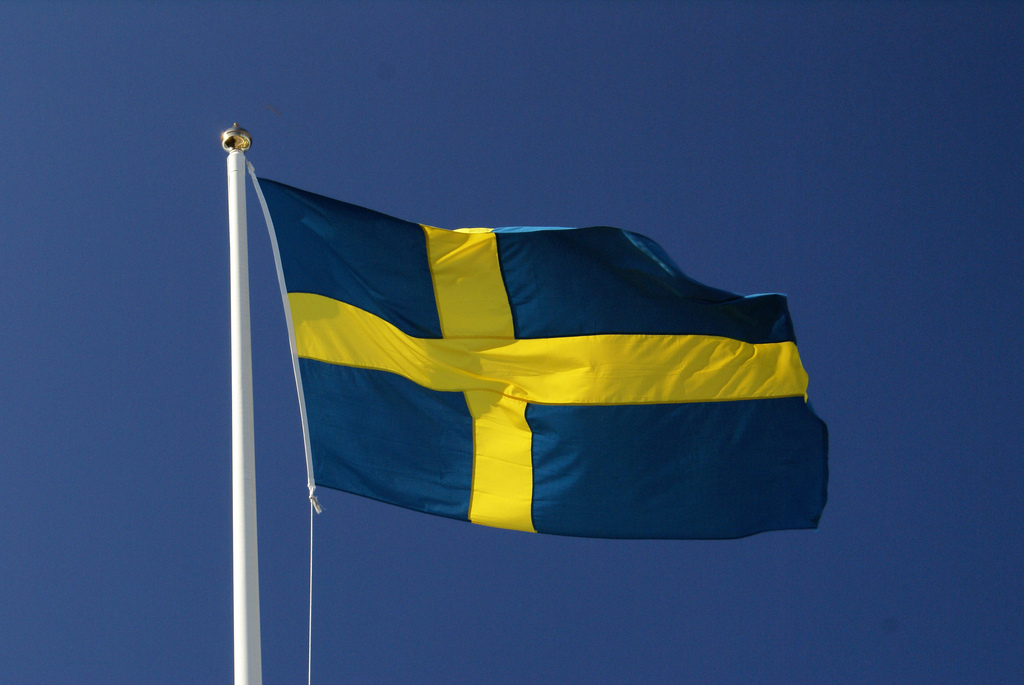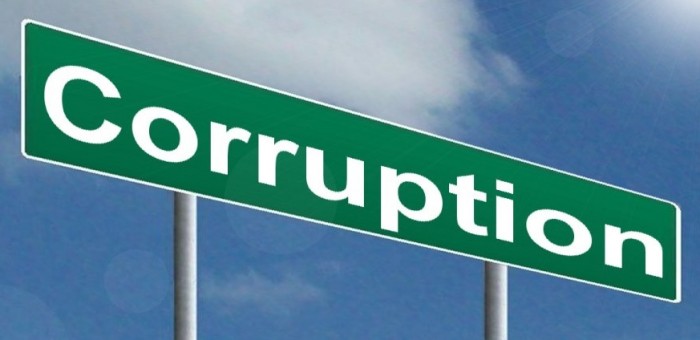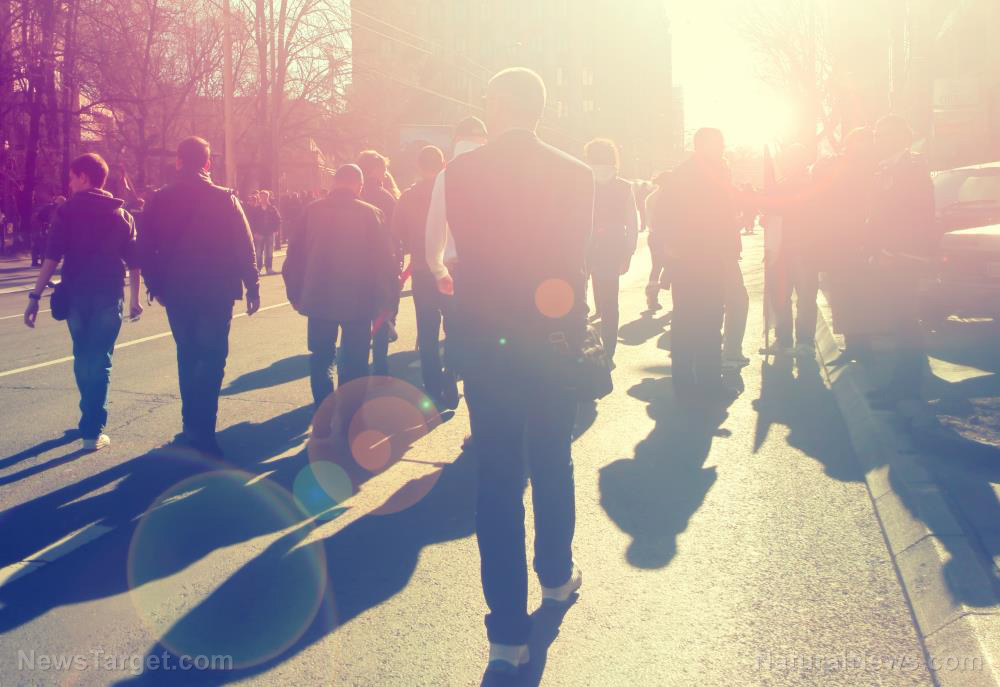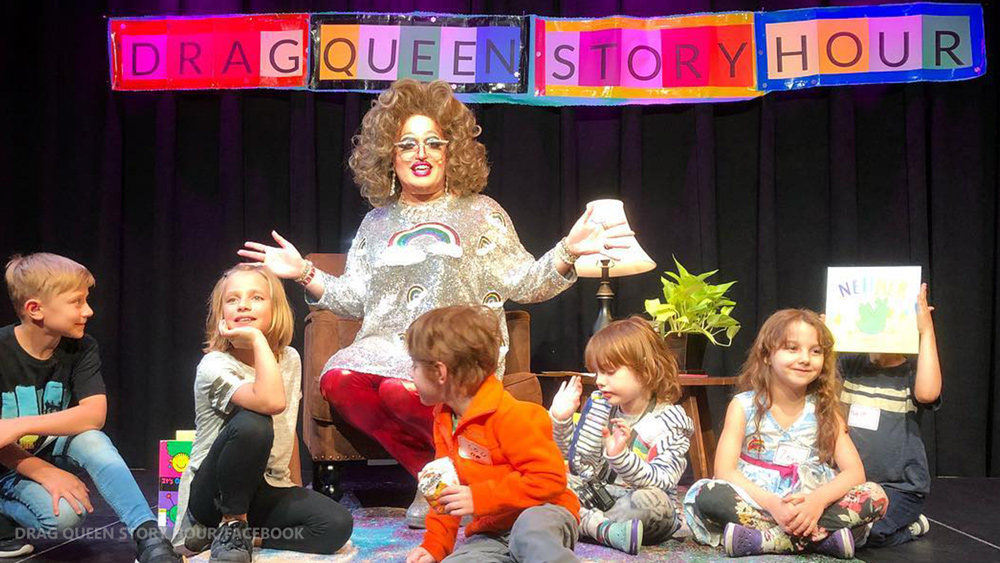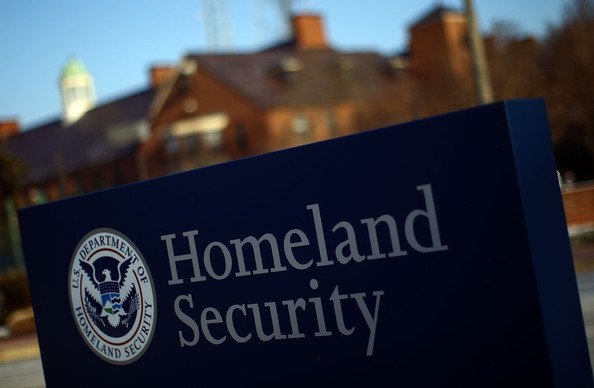UK mother demands apology after police show up in “riot van” to ensure her 12-year-old daughter was self-isolating
07/23/2021 / By Cassie B.
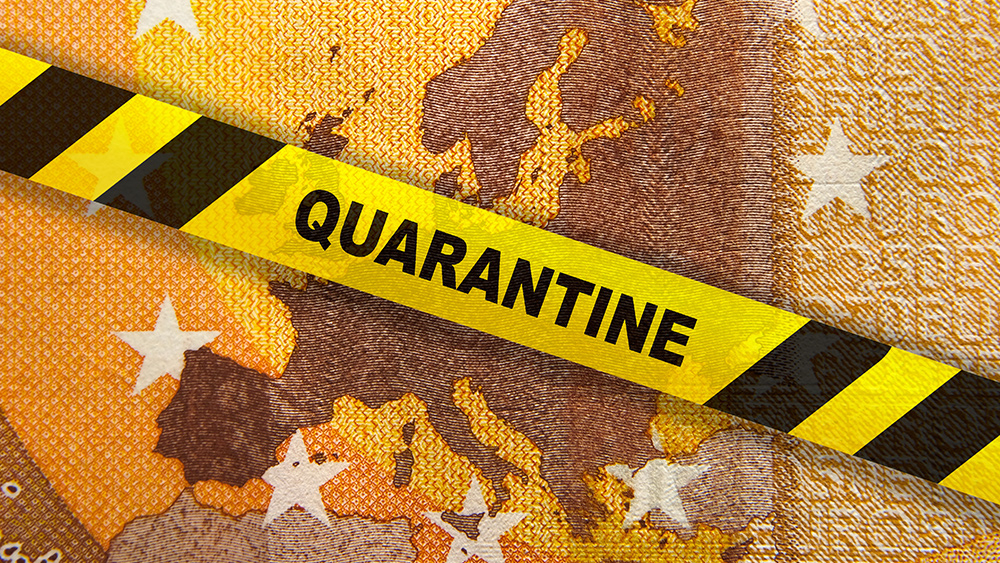
When you have a highly contagious and potentially deadly disease, the responsible thing to do is avoid situations where you could transmit it to others. However, police in one UK town have taken this concept way too far after showing up in a “riot van” to make sure a 12-year-old girl was self-isolating after testing positive for Covid-19, and now her angry mother is demanding they apologize.
The incident took place in Middleton, Greater Manchester, where 12-year-old Charlotte Crook was at home isolating following a positive PCR test that she took on July 4th. Her isolation was expected to end on July 14th.
Her mother, Kathryn, said that the experience terrified her daughter and that the actions of the Greater Manchester Police and Rochdale Public Health officers in the incident was “inappropriate and heavy handed.”
The officers first visited their home on July 11th, asking to speak directly to the young girl. Kathryn says that they would not tell her and her husband why they wanted to speak to Charlotte. She told them that because her daughter was only 12, they should speak to her – all while her petrified daughter crouched behind her worrying that she had done something wrong.
After contacting authorities to try to get some answers about why something like this could happen, she was told that the Rochdale Public Health Department had authorized the incident. She then wrote a letter to her MP, Chris Clarkson, expressing her concern, and Clarkson’s office is now investigating.
They also received a letter addressed to their daughter from the Rochdale Council asking her to get in touch with them urgently about her isolation. They then received another visit from the Greater Manchester Police on July 12th. Just after 9:00pm as they were settling down for the evening, the police arrived in what she described as a riot van and came to check once more that the young girl was isolating. This is something that her parents felt was overkill, and their neighbors, who saw this all unfold, came outside to show their support for the family.
“They could see what had happened and a riot van in the street is a bit much. This time, however, the policeman was polite and was much more forthcoming than the two that had been the previous night.”
It was all too much for young Charlotte, who was worried once again that she had done something wrong. Her mother said: “It was terribly upsetting again for my daughter and she had another meltdown again thinking the police were going to arrest her.”
The Greater Metropolitan Police have said that they did not know Charlotte’s age when they arrived at the home. A spokesperson also said that it is not the first course of action for police to carry out checks on NHS Track and Trace incidents. However, when there are unanswered calls or a suspected breach, the police are asked to carry out checks and issue penalties if needed. They also say that the checks are carried out on welfare grounds to make sure that self-isolating has not prevented a person from getting food or other essential items that they need.
Police state concerns in UK
In a statement, the police did not apologize but did admit that checks should be made with the parents or legal guardians when a minor is involved. They added that the vehicle in question was not a riot van. However, it was enough to get the neighbors’ attention and upset a young girl who wasn’t doing anything wrong in a country where concerns are growing about the way COVID-19 quarantines are being handled.
During the nationwide lockdown last year, many complained that the country was turning into a police state, with instant £30 fines given to people gathering in groups of more than two people or leaving their home without a ‘legitimate’ reason. Some police were even questioning dog walkers, using drones to monitor parks, and putting dye in lakes to discourage people from visiting them and ensure compliance with lockdowns.
Sources for this article include:
Submit a correction >>
Tagged Under:
big government, covid-19, extremism, health freedom, insanity, lockdown, medical fascism, pandemic, police state, self-isolation, UK
This article may contain statements that reflect the opinion of the author

